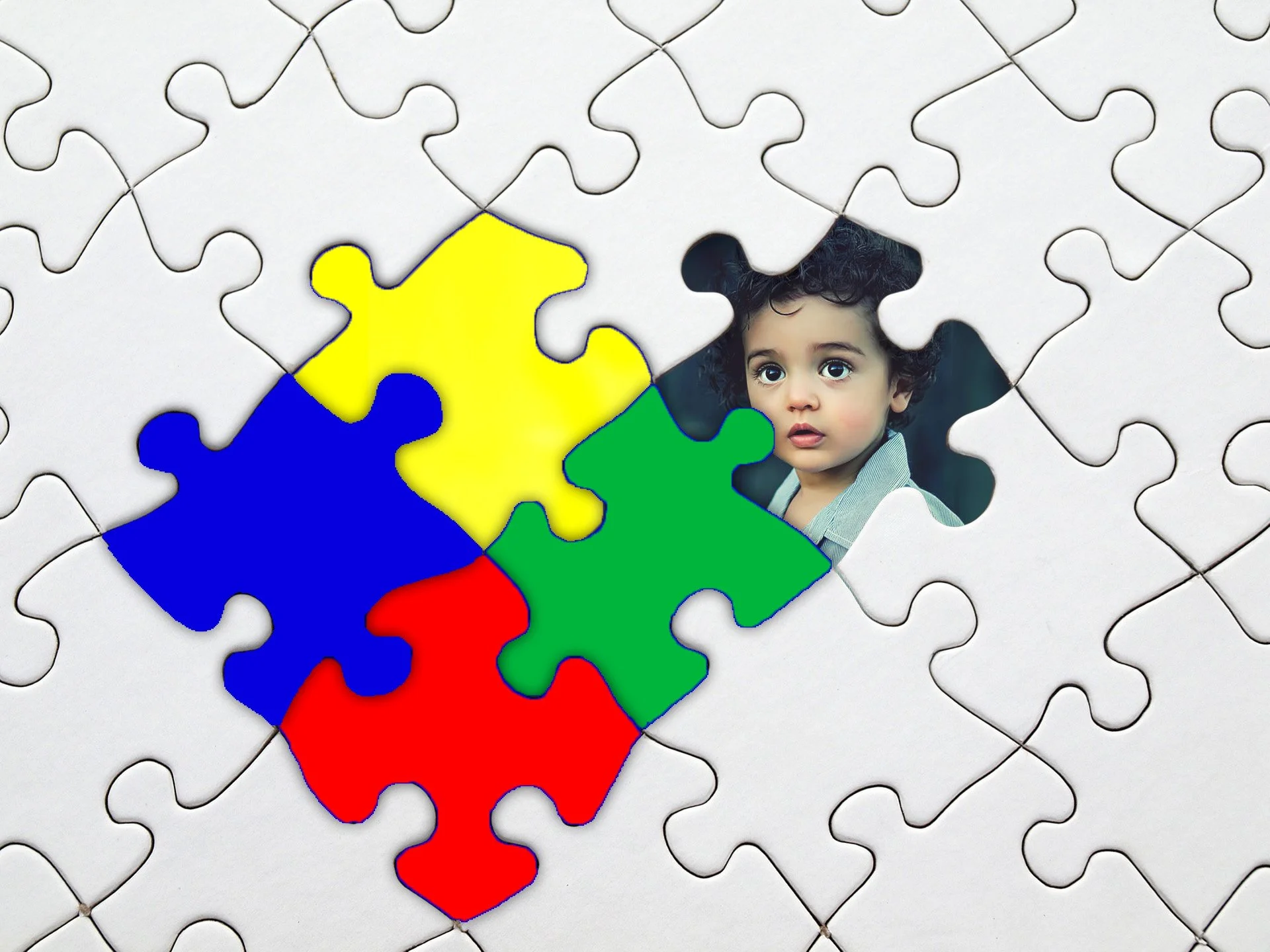Autism: The Missing Pieces…
Sitting here in my office, I reflect on the week …” Wow, sometimes I forget how powerful the Davis tools and programs are!”
I had the privilege this week of working one-to-one with two amazing children. Both have been identified as having autism. Although we have only worked together for less than ten hours, there has already been observable change.
Don’t get me wrong, each of these families has been working with their child for far more than ten hours, but our face-to-face time (of only around six hours each) has brought a shift.
What changes have I seen in these amazing children?
They are both more aware of their surroundings.
They are both more aware of the other people that are around them.
They have both become more conversational.
One child no longer exhibits his repetitive movements, in the office, that he normally uses for coping.
The other can now identify that his anger is not caused by someone else…it comes from him…and therefore he has the power to change how he is feeling.
One parent stated that her son now seeks out play with peers, as opposed to younger children.
The other parent stated that her son seems to now have the ability to more readily make decisions.
I LOVE WHAT I DO!! I just facilitate these children…THEY create the change!
What has contributed to the changes that I am seeing in these children?
I think the idea that there are simply missing pieces for individuals with Autism Spectrum Disorder brings the answer into focus.
I like this idea because if something is missing and you can ‘find’ it, and then it is no longer missing.
Could it be that simple?
What are the missing pieces?
I can’t show you specific scientific studies but I can share with you story, after story, after story to support my position on what I am about to say.
At this point in my career, I feel the Davis Autism Approach to be the closest thing we have to helping these individuals participate fully in life.
In the six-hour seminar I presented titled, Unlock the Genius, I covered these potential missing pieces in addition to discussing how we can find them and help someone incorporate them to ‘complete the puzzle’.
Here, I will just list and define them (in my own words):
Individuation: The awareness that one is separate from everyone and everything around them. This happens in the neurotypical individual around the age of two
Identity Development: One’s likes, dislikes, and personality. This process is determined by the ability to accumulate, store, and then reflect on experiences. It begins to answer the question “Who am I?”. This process continues throughout life
Social Integration: We live in a social environment where there are ‘others’ outside of us. This is how we interact in a social community. This defines one’s ability to have relationships with others.
As human beings, having this human being/social experience…we must have – in this order: individuated (know that I am a something), built a sufficient core identity (know I am a someone), and THEN (and only then) I can socially integrate by referencing those experiences I have in my identity.
Sounds complicated…but it is not if you know the What is missing, the How to find it and then the How to facilitate the person to incorporating it.
That is what we do at Davis. And Now we have a way to give that information to you! The parent/educator!
We are currently launching the Davis® Life Concepts for Autism – Online Group Coaching Workshop!!!!
I am so excited about this because now I can bring this information to a group of parents and educators anywhere, ONLINE!!!
There are very limited seats available so schedule your Complimentary Phone Autism Strategy Session with Dr. Angie here.
Please check out this link for more information.
It is my dream (and mission) to spread this work across the globe…it all starts here, with YOU!!
I love you.
Keep it simple.
Dr. Angie

